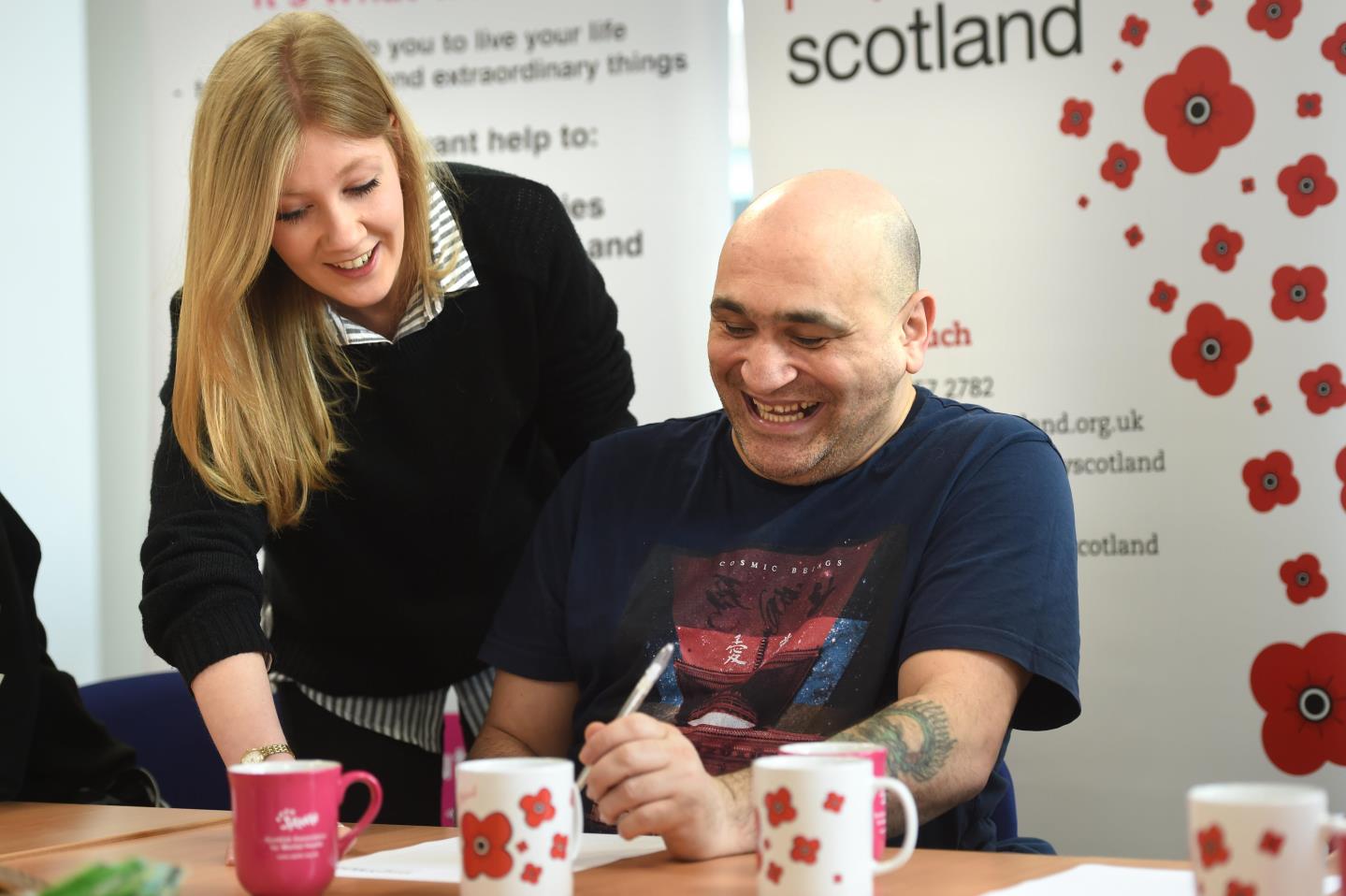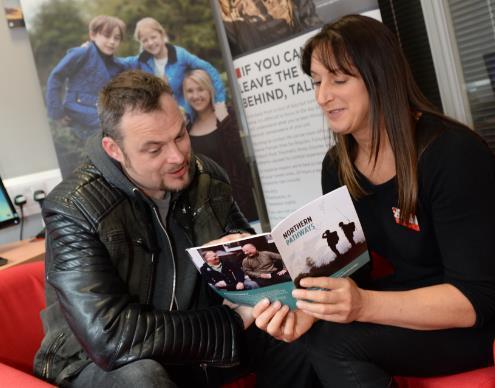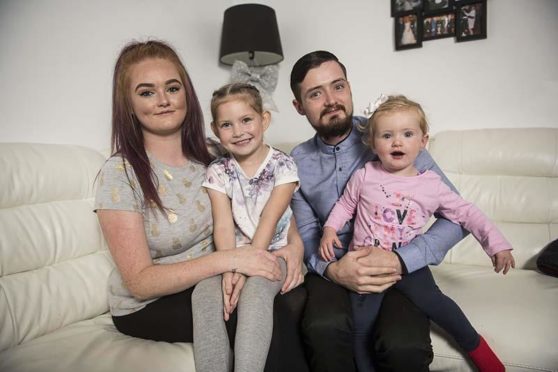Did you know that Poppyscotland’s welfare services team can help families of veterans and active service people with issues they are facing in their lives?
We all know Poppyscotland as the people who sell poppies to raise money for veterans. But what many people don’t know is how many ways they can help – and how many people can access that help.
The charity’s welfare team works tirelessly helping former service people – and their loved ones – thrive in their civilian lives. That can include helping with financial worries, finding employment or housing, adapting homes to suit additional needs and much more.
Helping more than just elderly veterans
Lorna McConnell, herself a veteran, is a Welfare Services Manager in the north of Scotland.
She said: “The word ‘veteran’ conjures up images of older gentlemen. Often younger service people don’t class themselves that way, but in actual fact the bulk of people we help are in their 30s or 40s.
“We can also help dependent children or partners, spouses and carers of service people – even if the family is estranged. Because quite often it’s the person in the background who is holding the family together who needs our help.”
And that has been especially true during the pandemic.

Welfare services during lockdown
Nina Semple, also a Welfare Services Manager on the team, explained how the pandemic affected military families: “Over the past 18 months, families have been hit in a number of ways, from losing jobs to financial difficulties to just feeling overwhelmed.
“Many have felt like they were drowning as they’ve struggled trying to resolve things on their own.
“We can help in a number of ways with these issues and more.
“The team looks not just at the initial problem a person contacts us about, but the entire situation, as often there’s more than one thing impacting a family.
“Our aim is to improve the quality of life for the entire family.”
Creating sustained independence for families
This could mean not just helping repay debt, but addressing the problems that allowed the debt to accumulate. This can mean helping a person retrain so they can find employment or progress to a different job.
The work can be a bit like putting together a jigsaw for the team – as well as organisations they work with – but the end result is to create a positive picture for the future.

She added: “Everything we do is based on an individual person or family’s needs. Our support continues as long as is needed to help them achieve sustained independence.”
Lorna said: “Sometimes it’s just including people, validating how they are feeling and what they are going through. Or allowing them to do something normal like have a day out with other veterans.
“Small steps can make big differences and we take it a step at a time.”
Help is just a call or email away
One thing the duo agree on is that the help they can give, or that they can facilitate through another organisation, doesn’t have a time limit or a cap.
If you need help, all you need to do is make that initial first step of getting in touch. The Welfare Services staff will go through the process with you, even when you are pointed in the direction of another group or agency.
Nina said: “As long as the person is ready to work with us, we will help. We can’t force our services on people, but if they are ready we are here.”
If you feel that you, or one of your loved ones, could be helped by Poppyscotland’s welfare team or you would like to find out more information, please visit the Poppyscotland website.

